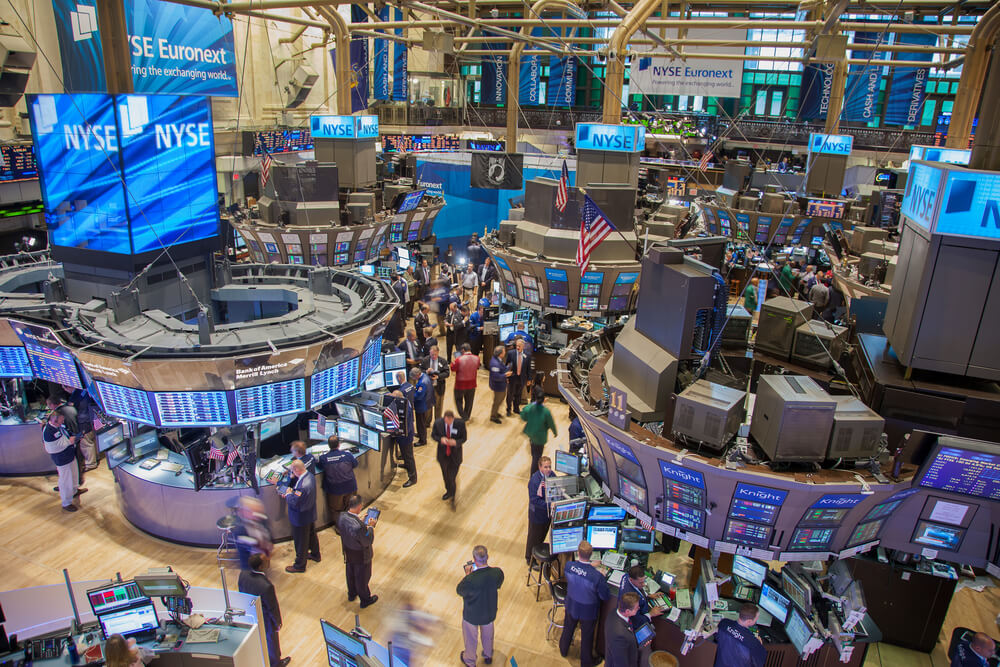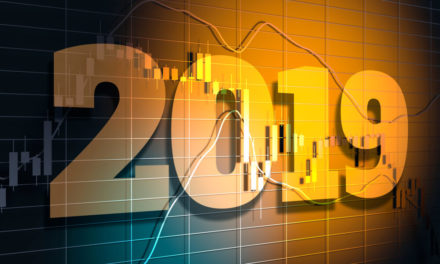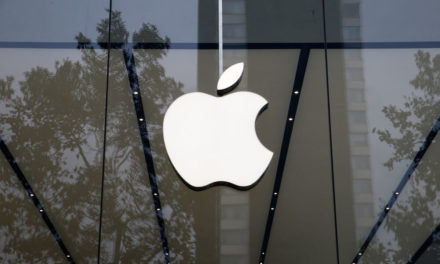The roller coaster ride on Wall Street resumed Wednesday, the first trading day of the new year, as stocks plunged in the morning and then climbed much of the way back and more in the Stock Market Update.
The Dow Jones Industrial Average dropped as much as 398 points in the first few minutes of trading after more shaky economic news from China. But it soon recouped those losses, and late in the afternoon, almost two-thirds of the stocks on the New York Stock Exchange were trading higher.
That kind of whiplash was typical during the last three months of 2018.
A Chinese government survey and one by a major business magazine showed manufacturing in China weakened in December as global and domestic demand cooled. That weighed on big exporters, with tech companies like Microsoft and industrials like Boeing taking sharp losses early on, only to bounce back later.
After gliding gently higher for years, propelled by rising corporate profits and extremely low interest rates from the Federal Reserve, stocks have been heaving up and down in recent months as a host of fears weigh on investors, including threats to global economic growth.
Many strategists on Wall Street expect the volatility to carry through the year.
Stocks are coming off their worst year in a decade, and many Americans could be in for a shock when they open their monthly and end-of-the-year 401(k) statements.
The benchmark S&P 500 fell 6 percent in 2018, its first substantial loss since 2008, and it has dropped almost 15 percent since late September. Many other stock indexes around the world fared even worse last year.
The U.S. economy has been expanding for almost a decade, and stocks have risen steadily over that time.
From September through the end of December, however, investors became more and more worried that challenges such as U.S.-China trade tensions, rising interest rates and political uncertainty could slow the economy and company profits, and possibly tip the U.S. economy and the global one into a recession.
Many Wall Street banks are forecasting a year of modest gains for stocks. But most also say that they expect these sharp reversals to continue as investors try to handicap so many unknowns.
Vinay Pande, head of trading strategies for UBS Global Wealth Management, said company earnings jumped in 2018 and are likely to keep improving.
STOCK MARKET UPDATE
The S&P 500 index had rose 3 points, or 0.2 percent, to 2,510, while the Dow rose 18 points, or 0.1 percent, to 23,346 at closing time. The Nasdaq composite rose 30 points, or 0.5 percent, to 6,665.
Most markets were closed on Tuesday for New Year’s Day.
After sharp losses at the start of trading, benchmark U.S. crude jumped 2.5 percent to $46.54 per barrel in New York. Brent crude, used to price international oils, rose 2.1 percent to $54.91 per barrel in London. Those gains helped send energy stocks higher.
Oil prices have fallen about 40 percent since early October 2018 as investors reacted to the possibility of weaker demand for energy as economic growth slowed. That led to sharp drops in energy companies, making them look relatively cheap now.
“The longer you go without economic news that increases the likelihood there’s a recession, the more attractive these stocks become,” said Julian Emanuel, chief equity and derivatives strategist for BTIG.
Health care companies, the best-performing part of the market in 2018, fell Wednesday as drugmakers and insurers lost ground. Internet companies, which struggled badly last year, made solid gains. Emanuel said investors often start a new year by buying shares of the companies that did the worst the year before.
Prices on long-term government bonds rose, a sign investors were looking for safer options. The yield on the 10-year Treasury note fell to 2.66 percent from 2.69 percent.
In other trading:
- The dollar fell to 109.21 yen from 109.61 yen. The euro fell to $1.1344 from $1.1445. The British pound slid to $1.2609 from $1.2752.
- France’s CAC 40 fell 0.9 percent and the British FTSE 100 added 0.1 percent. Germany’s DAX rose 0.2 percent. Hong Kong’s Hang Seng tumbled 2.8 percent and Seoul’s Kospi gave up 1.5 percent. Tokyo’s markets were closed.
- Wholesale gasoline rose 1.8 percent to $1.33 a gallon. Heating oil gained 1.3 percent to $1.70 a gallon. Natural gas rose 0.6 percent to $2.96 per 1,000 cubic feet.
- Gold rose 0.2 percent to $1,284.10 an ounce and silver added 0.7 percent to $15.65 an ounce. Copper fell 0.3 percent to $2.62 a pound.
© The Associated Press. All rights reserved.




